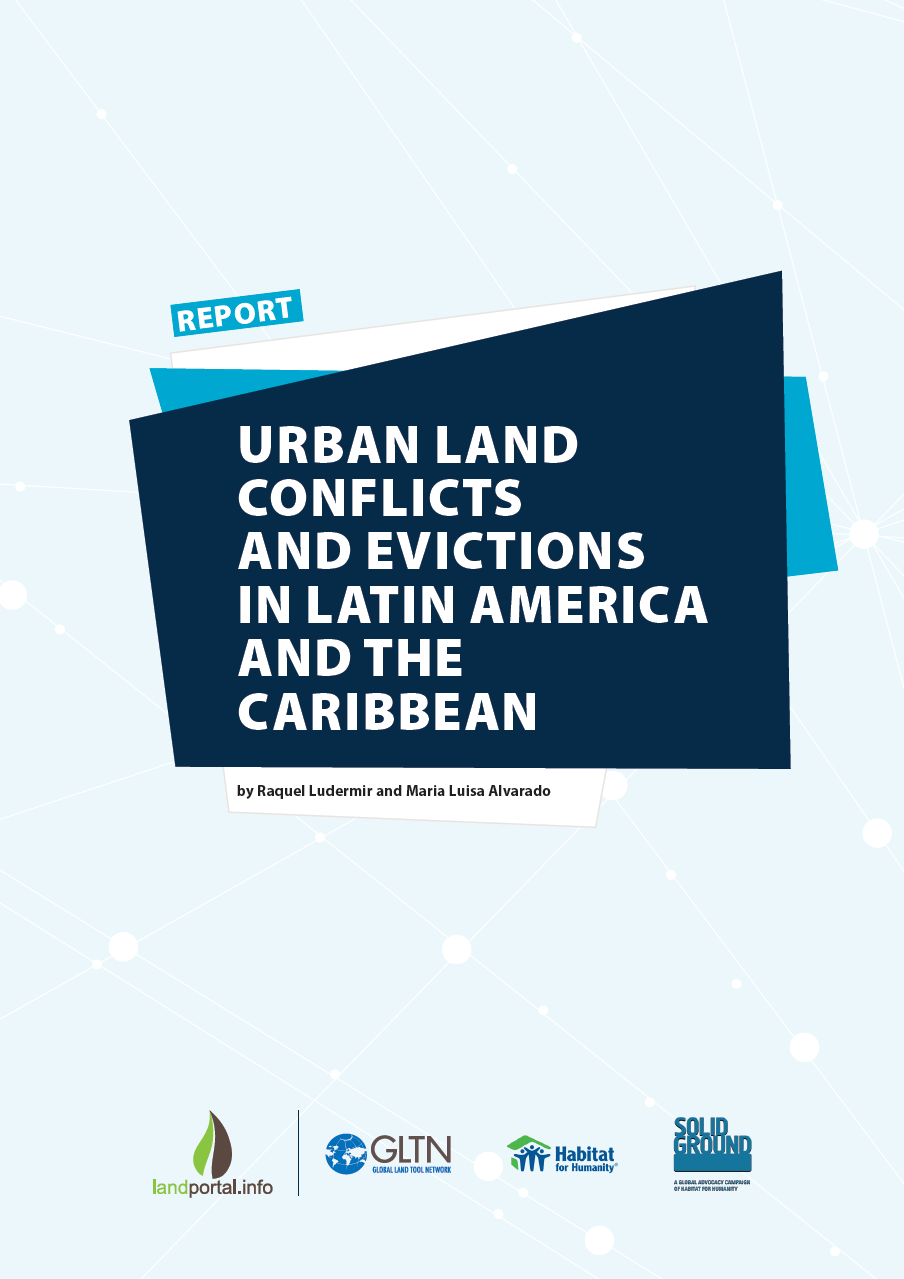Focal point
Location
The Global Land Tool Network (GLTN) is an alliance of global regional and national partners contributing to poverty alleviation through land reform, improved land management and security of tenure particularly through the development and dissemination of pro-poor and gender-sensitive land tools.
Secure land tenure and property rights are fundamental to shelter and livelihoods as well as the realisation of human rights, poverty reduction,economic prosperity and sustainable development.
The Global Land Tool Network (GLTN) main objective therefore is to contribute to poverty alleviation and the Millennium Development Goals through land reform, improved land management and security of tenure.
UN-Habitat through GLTN continues to work towards this with partners who include international civil society organizations, international finance institutions, international research and training institutions, donors and professional bodies.
Most developing countries use conventional land administration systems which cover less than 30 per cent of the country, leaving up to 70 per cent of citizens looking to informal and/ or customary approaches for their tenure security.
While there are many examples of good land policies, there are few policies that have been fully implemented due to lack of pro-poor, gendersensitive and largescale land tools. Further, conventional land titling approaches have largely failed to deliver their expected results since existing technical solutions are too expensive, inappropriate for the range of tenure found in developing countries, unsustainable financially or in terms of available capacity, and instead a range of land tenure options is more appropriate.
Core Values
Consequently, GLTN's core values and principles are founded in the development of land tools that are:
- Pro poor;
- Equitable;
- Sustainable;
- Affordable;
- Systematically large scale /scalable; and,
- Gender-sensitive, while taking into consideration:
- Good governance;
- Subsidiarity; and,
- The Continuum of Land Rights.
GLTN Objectives and Mandate
GLTN has developed a global partnership on land issues pulling together global partners, as well as many individual members. These partners include international networks of civil society, International Finance Institutions, international research and training institutions, donors and professional bodies. It continues to take a more holistic approach to land issues by working towards the following objectives:
- The establishment of a continuum of land rights, rather than just focus on individual land titling
- Improving and developing pro-poor land management, as well as land tenure tools
- Unblocking existing initiatives Assisting in strengthening existing land networks
- Supporting in the development of gendered land tools which are affordable and useful to grassroots
- Improving the general dissemination of knowledge about how to improve security of tenure
- Improving the general knowledge dissemination on the improvement of security of tenure
Resources
Displaying 66 - 70 of 286Urban Land Conflicts and Evictions in Latin America and the Caribbean
The Latin American and Caribbean Urban CSO Cluster, part of the Global Land Tools Network (GTLN), together with Habitat for Humanity’s Solid Ground Campaign and the Land Portal Foundation, launched an online debate on Urban Land Conflicts in Latin America and the Caribbean in January 2017. Responding to the common interest to make information easy to access and flow to boost collaboration among stakeholders as a critical basis to improve land governance.
UN High-Level Political Forum Side Event- July 10 2017
The UN-Habitat, World Bank and the Global Land Tool Network (GLTN) host of the Global Land Indicators Initiative (GLII) 1 in collaboration with Global Donor Working Group on Land (GDWGL)2 jointly hosted a side event titled Land Tenure Security Monitoring in the SDGs: Leaving no one behind at the 2 nd High-level Political Forum on Sustainable Development (HLPF).
Key Messages and Recommendations for the Expert Group Meeting on Women's Land Rights
We are a diverse group, women and men, from all regions of the world who came together in this EGM convened by Global Land Indicators Initiative, UN Habitat, Oxfam, Landesa, Huairou Commission and UN Women. We are from governments including national statistical organizations and land agencies, multi-lateral agencies, civil society organizations, including women’s organizations and groups that met on July 8 – 9, 2017 to discuss women’s land rights in the context of the SDGs.
Implementation of Responsible Land Governance
This publication outlines the process undertaken by UN Habitat/GLTN and The United Nations Food and Agriculture Organization (FAO) Representation in Kenya to support the Ministry of Lands, Physical Planning and Urban Areas Management of the Turkana County Government-Kenya, in establishing a county Land Information Management System based on the Social Tenure Domain Model (STDM). The project was carried out in the context of the United Nations Food and Agriculture Organization (FAO) program entitled, Support for Responsible Land and Natural Resource Governance of Communal Lands in Kenya.
Implementation of Responsible Land Governance
This publication outlines the process undertaken by UN Habitat/GLTN and The United Nations Food and Agriculture Organization (FAO) Representation in Kenya to support the Ministry of Lands, Physical Planning and Urban Areas Management of the Turkana County Government-Kenya, in establishing a county Land Information Management System based on the Social Tenure Domain Model (STDM). The project was carried out in the context of the United Nations Food and Agriculture Organization (FAO) program entitled, Support for Responsible Land and Natural Resource Governance of Communal Lands in Kenya.








